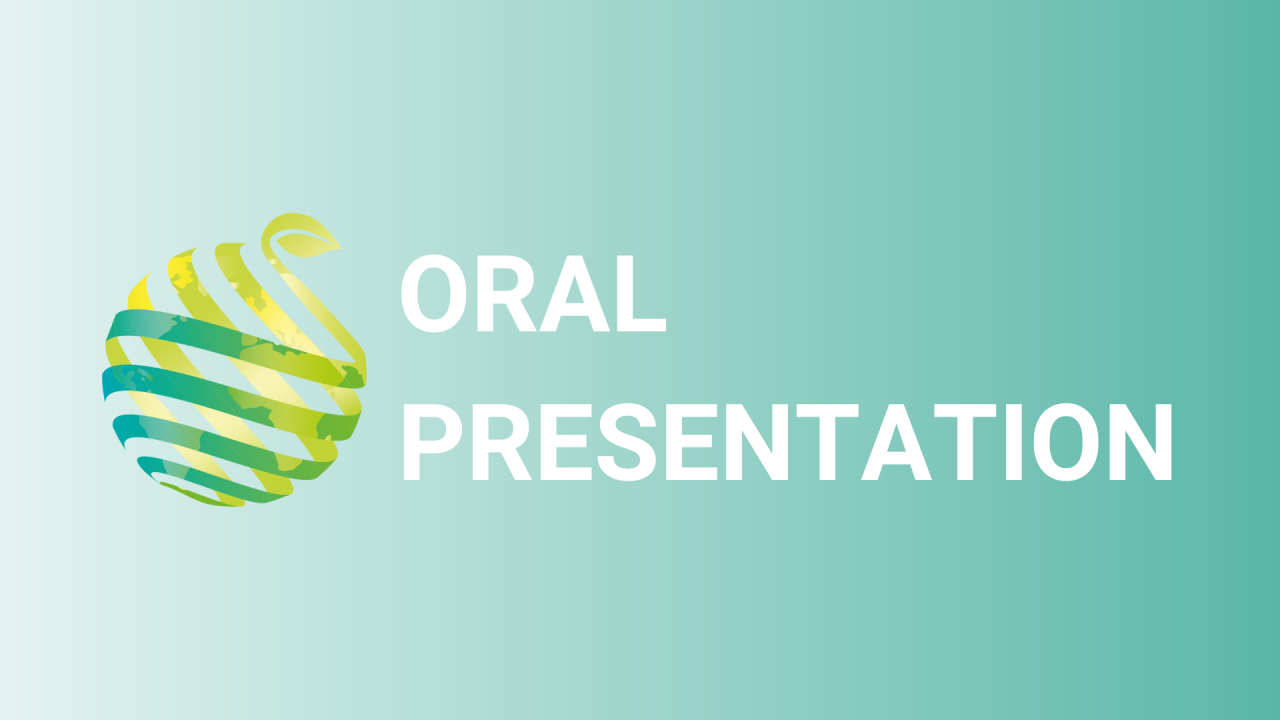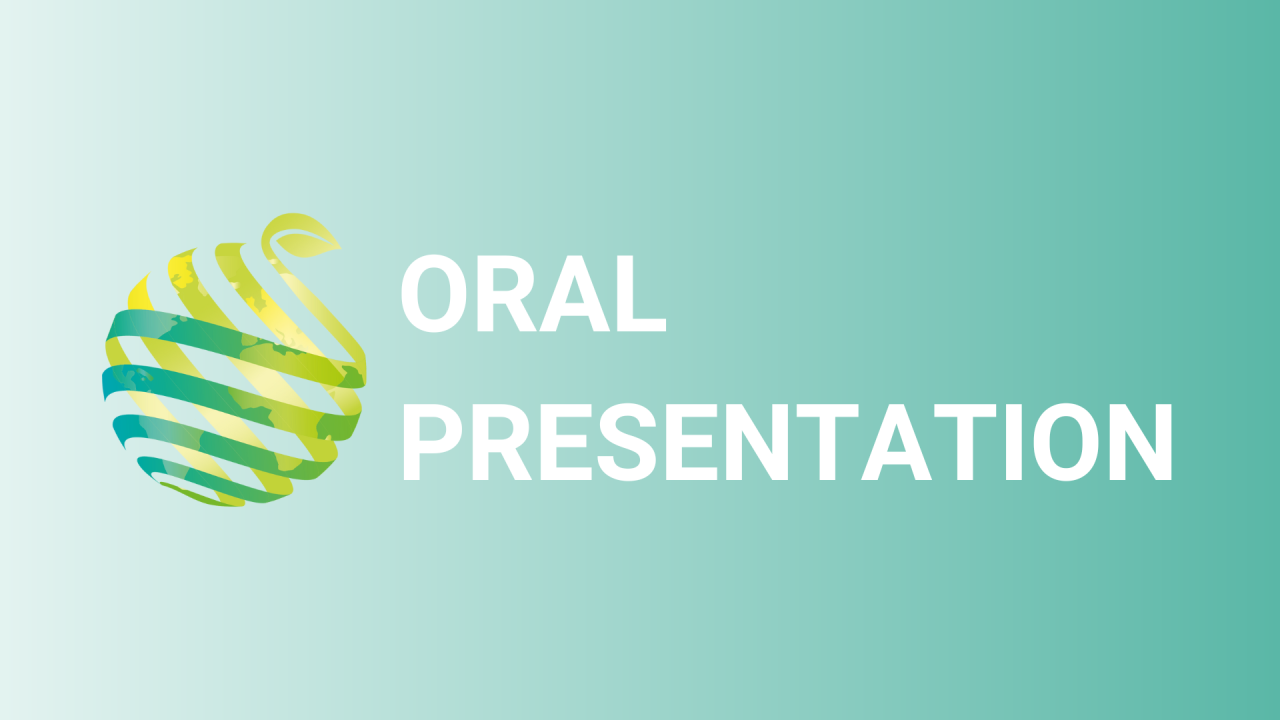

S01 - Session O6 - Resistance to Neonectria ditissima in apple: insights from metabolomics and lipidomic analyses
Information
Authors: Larisa Gustavsson *, Firuz Odilbekov, Jonas Skytte af Sätra, Ilka Abreu, Annika Johansson, Tetyana Zhebentyayeva, Eric van de Weg
European canker, caused by the necrotrophic fungus Neonectria ditissima, is the most serious disease in apple production in Sweden. The disease is favored by relatively cool and rainy climates and has a significant economic impact due to reduced bearing surface and increased orchard management costs of the wood cankers. The possibilities for chemical and biological control are very limited. Therefore, targeted breeding for new resistant cultivars is urgently needed. Knowledge of the inheritance of canker resistance and understanding of the molecular mechanisms involved in resistant and susceptible responses to fungal attack would facilitate breeding, which is the focus of our research. We evaluated the tempo-spatial differences in plant-pathogen interactions in a set of partially resistant and susceptible cultivars by conducting metabolomic and lipidomic analyses in two separate experiments over two years. The outcome of these analyses will be superimposed on the recently defined QTL intervals underlying resistance in biparental crosses. We will present an integrated view of the differences in cultivar responses following N. ditissima attack, which is expected to lead to a better understanding of defense mechanisms and resistance components.